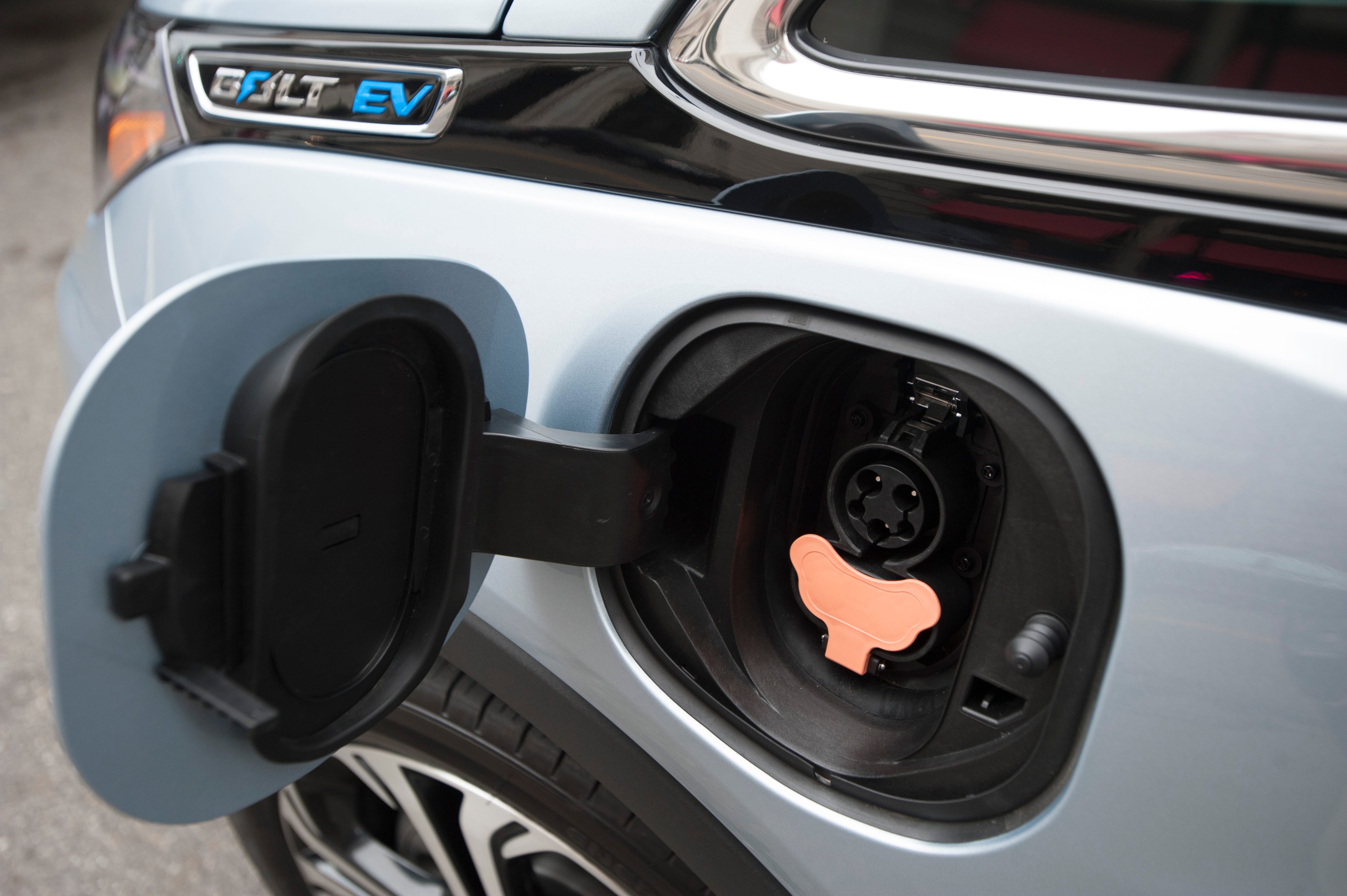GM invests $28M for Warren battery lab

General Motors Co.'s electrification efforts are expanding in the U.S. and abroad as the Detroit automaker moves toward its goal of introducing 20 electric vehicles by 2023.
GM is investing $28 million in a new project at its battery lab in Warren that will bring new testing chambers and advanced equipment to its battery operations there, CEO Mary Barra said in a LinkedIn post Wednesday.
GM has already brought nearly all of its battery testing under one roof after a $6 million expansion of battery lab at the Warren Technical Center that began in 2017. The completed expansions include new heavy and mild battery abuse test areas in GM's battery lab, which now sprawls over more than 100,000 square feet.
"Creating a world of zero crashes, zero emissions and zero congestion won’t happen overnight, of course, but our journey to this future is underway," Barra said in the post. "We have the right team, technology, partners and manufacturing scale to make it happen."
The Detroit automaker has forged a series of partnerships to bolster its advanced tech ventures in recent years, including acquiring Cruise Automation in 2016, a move that vaulted GM to leadership in autonomous vehicle production.
On the electrification side, GM enlisted the help of LG Corp. in 2015 to build a battery for the Chevrolet Bolt EV that would deliver more than 200 miles of driving range. Bolt batteries are currently assembled by LG Electronics in South Korea.
But in an effort to begin an increase in Bolt production promised earlier this year, Barra says GM has forged a partnership with a new LG Electronics plant in Hazel Park to begin providing battery packs this fall for the Bolt, built at GM's Orion Assembly. The new plant is expected to begin operations this month, according to an LG spokesman.
GM will also continue to source batteries for the Bolt from LG's facility in South Korea.
Pam Fletcher, GM's vice president of global electric vehicle programs, told investors Wednesday that as demand for the Bolt increases in its existing markets, the automaker will announce plans soon to expand the battery-electric vehicle to new markets.
Vehicles like the Bolt, an affordable EV with a purported 238 miles of driving range, are designed to drive the industry to an electrification "tipping point," Fletcher said.
"Instead of being passive, we want to be active in driving the tipping point," she said.
GM is also part of a cross-industry partnership to develop a fast-charging system that can juice up an electric vehicle with 180 miles of range in less than 10 minutes. GM is providing the prototype vehicles in the $7 million project led by Delta Electronics and the U.S. Department of Energy.
Barra made the case for such partnerships at an energy industry conference in Houston earlier this year.
"As much as we have accomplished, innovation alone will not accelerate a zero-emissions future," she said in her remarks at the CERAWeek conference. "For acceptance of electric vehicles to increase faster, customers need to embrace them in a market where gas prices are relatively low, and with a cleaner electric grid to support them."
GM is expecting to reach the 200,000-vehicle cap as early as this year for a $7,500 federal tax incentive intended to encourage electric-vehicle sales. Without that cost-savings, GM needs to break down other barriers to EV adoption, as consumers are still slow to give up their internal combustion engines.
Overseas, GM already has two new EVs on the way: the Buick Velite 6 EV and the Baojun E200. The booming Chinese market is a critical piece of GM's plan to sell a million EVs globally — and to do it profitably — by 2023.
Staff Writer Breana Noble contributed reporting
nnaughton@detroitnews.com
Twitter: @NoraNaughton